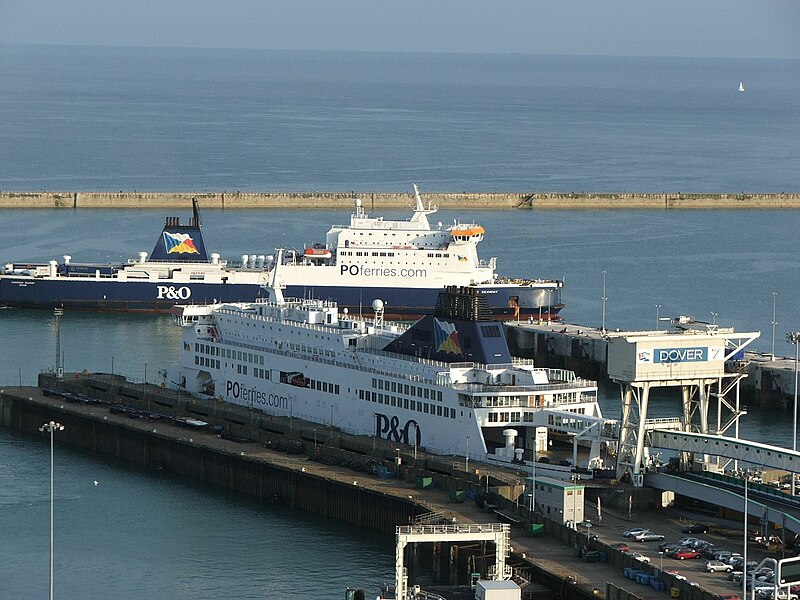
The UK government has announced another six-month delay in implementing post-Brexit physical checks on "medium risk" fruit and vegetable imports from the
European Union. This postponement, revealed by the Department for Environment, Food and Rural Affairs (Defra) on Friday, pushes the checks back to July 1, 2025.
Although Britain voted to leave the EU in 2016, the complexity of restructuring supply chains and establishing new customs borders has meant that many changes are only being rolled out now. The first phase of the UK’s new border model, which required additional certification, began on January 31, 2024. A second phase followed on April 30, bringing in physical checks for certain products, including chilled and frozen meat, fish, dairy, and some flowers and seeds.
However, the introduction of physical checks on fruit and vegetables has faced repeated delays. Initially set to start in January 2025, the checks will now be delayed until July 2025.
According to Defra, until that date, these products "will not be subject to import checks at the GB border or charged the associated fees." The department described the delay as a temporary measure to allow the new Labour government to review the planned border controls and consult businesses involved in the supply chain.
The Fresh Produce Consortium, an industry body, has expressed concerns that the new checks will add an estimated £200 million ($263 million) in costs to the fruit and vegetable industry, which could lead to higher prices for consumers.
In a related development, Defra announced that seven commodity groups, including apples and pears, will be reclassified from "medium risk" to "low risk," allowing these products to continue entering Britain from the EU without additional checks starting January 30, 2025. Photo by Pkuczynski, Wikimedia commons.


































